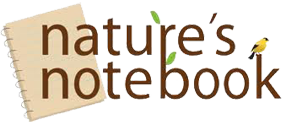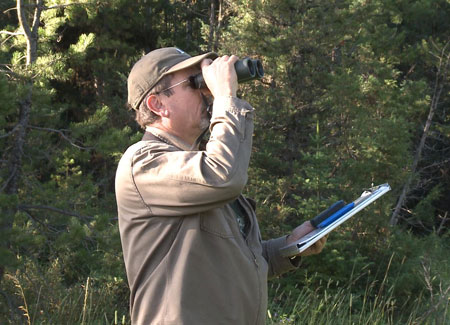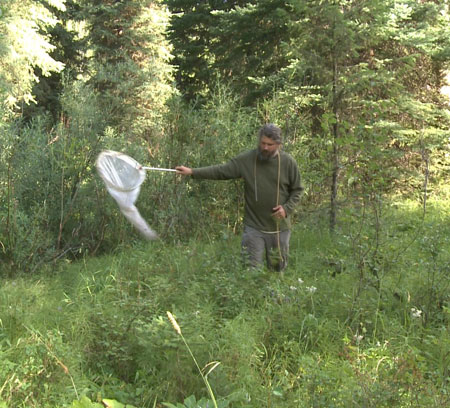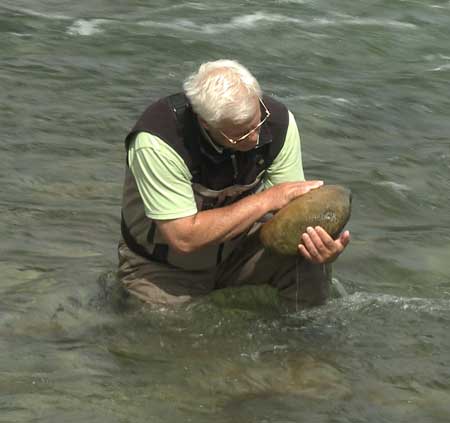
There is no better high than discovery. ~ E.O. Wilson
E. O Wilson, the father of biodiversity, urges young people to be " 'ologists" and get outside to identify new species - species we can count and understand - and perhaps this will slow the pace of human-driven extinction. The citizen science movement has evolved as a strong grassroots base for public participation in data collection on everything from birds to rare plants to wildlife migration and biodiversity. And it offers each of us a way to help protect our part of the planet. Learn more and discover some great resources at Scistarter.

Every observation can contribute to biodiversity science, from the rarest butterfly to the most common backyard weed. iNaturalist shares your findings with scientific data repositories to help scientists find and use your data. All you have to do is observe. 186,000 people signed up, 91,000 species observed! More here: http://www.inaturalist.org

Nature?s Notebook is a project of the USA National Phenology Network. They connect people with nature to benefit our changing planet. Sign up to be an observer, and your data will be used in important ways! More here: https://www.usanpn.org/natures_notebook

Scientific American magazine publishes a catalog of Citizen Science research projects that need your help! http://www.scientificamerican.com/citizen-science/

Education.com offers this list of Citizen Science Projects for Parents, Teachers, and Young Citizens.
The Citizen Science Toolkit is the most comprehensive clearinghouse for news, project ideas, and resources in support of citizen science projects worldwide.
Citizen Science Canada is an online community for people involved in environmental monitoring in Canada.
The Society for Amateur Scientists is an organization to support citizen scientists.
The Citizen Scientist is a published bi-weekly by the Society for Amateur Scientists.
A Citizen Science Weblog that connects citizen scientists with the latest news, archival weblogs, citizen science by category, multimedia, and comprehensive articles on upcoming events, equipment, and resource books.
Dynamic Patterns Research Institute supports and guides citizen science, and offers educational references and opportunities to engage in authentic scientific investigations.
National Aeronautics and Space Administration mentoring and inquiry using NASA data on atmospheric and earth science for teachers and citizen scientists.


